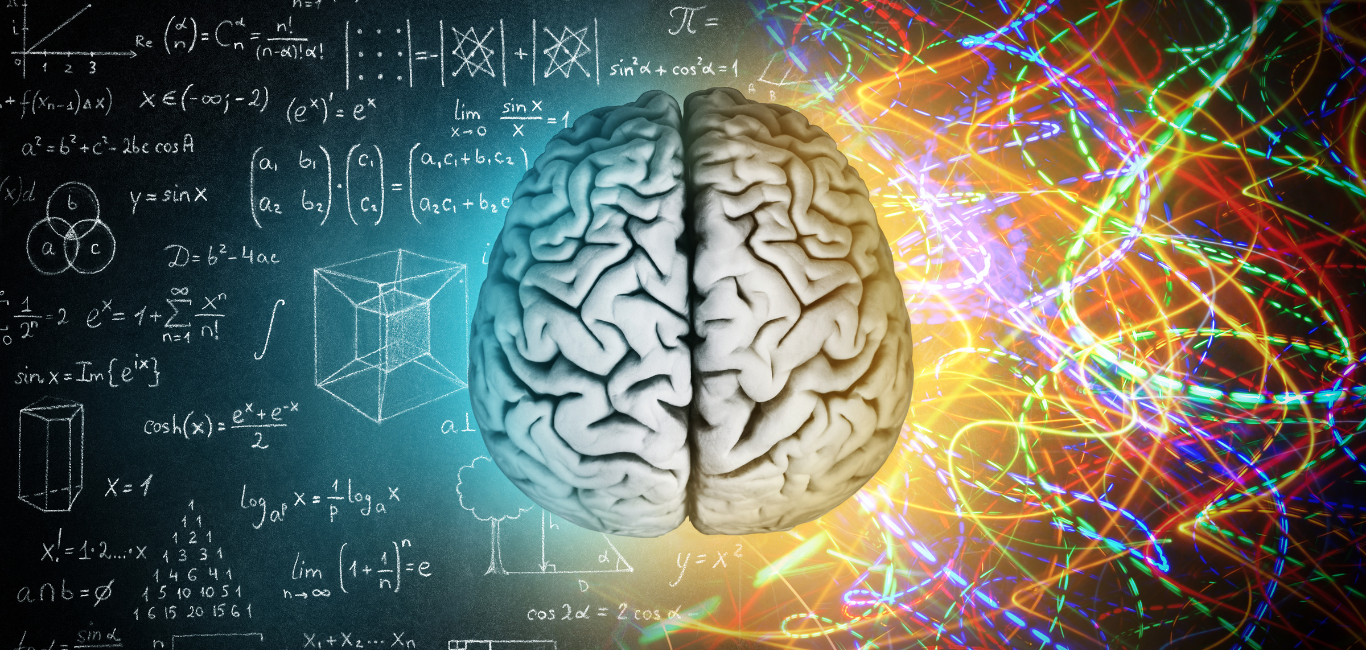
Exploring genetic links to psychiatric and neurological disorders could provide insights into these diseases as they do not show metabolic manifestations, said Prof Sanjeev Jain, principal investigator of SKAN (Scientific Knowledge for Ageing and Neurological Ailments) research projects and the senior professor of psychiatry at National Institute of Mental Health and Neurosciences (NIMHANS).
SKAN is a public charitable trust for medical research founded by Ashok Soota and Davis Karedan.
“The brain is an isolated splendour inside the cranium separated from the rest of the body by layers and layers of barriers. So, there is no way you can get brain signals in the peripheral body most of the time,” Prof Jain said at the Future of Medicine summit organised by Happiest Health.
As part of their research into the links between genes and psychiatric disorders, Prof Jain and his team at NIMHANS have found that different genes can influence neurotransmitters in the brain, and that mistakes in these genes can manifest as psychiatric disorders. Just like in hypertension and diabetes, the genes for neuropsychiatric disorders are also confined to lineages.
“Mental illness as a gene bleed through the family but the presentation varies,” Prof Jain said.
For example, individuals with a high gene score for schizophrenia or depression are more likely to have psychotic symptoms or depressive symptoms respectively, he added.
Prof Jain noted that many genes responsible for psychiatric disorders also overlap with various neurological disorders. For instance, genes associated with schizophrenia may also be linked to motor neuron disease.
Thus, gaining an understanding of the genetic changes that occur and where they occur can provide insight into these disorders.
Prof Jain emphasised the need for collaboration between different fields to better understand psychiatric disorders, which, like other health conditions, are currently being studied and treated in isolation.
He noted that central motor function, psychomotor abilities, seizures, behaviour, mental function, and language are interconnected. However, due to the compartmentalization of fields into neurology, neurosurgery, psychiatry, diabetes, and so on, the bigger picture is often overlooked. “But in a real-life patient, all these syndromes intersect with each other, and of the things I think that are most often involved in all this a disease of the Central Nervous System as it comes on top,” he said.
“Madness is there in all of us and some of us do it better than others,” Prof Jain said, pointing that people often look at psychiatric disorders through a lens of stigma.
“Since we do not discriminate against anyone who has hypertension or diabetes, the same stance should be adopted for psychiatric conditions as well,” he added.

















